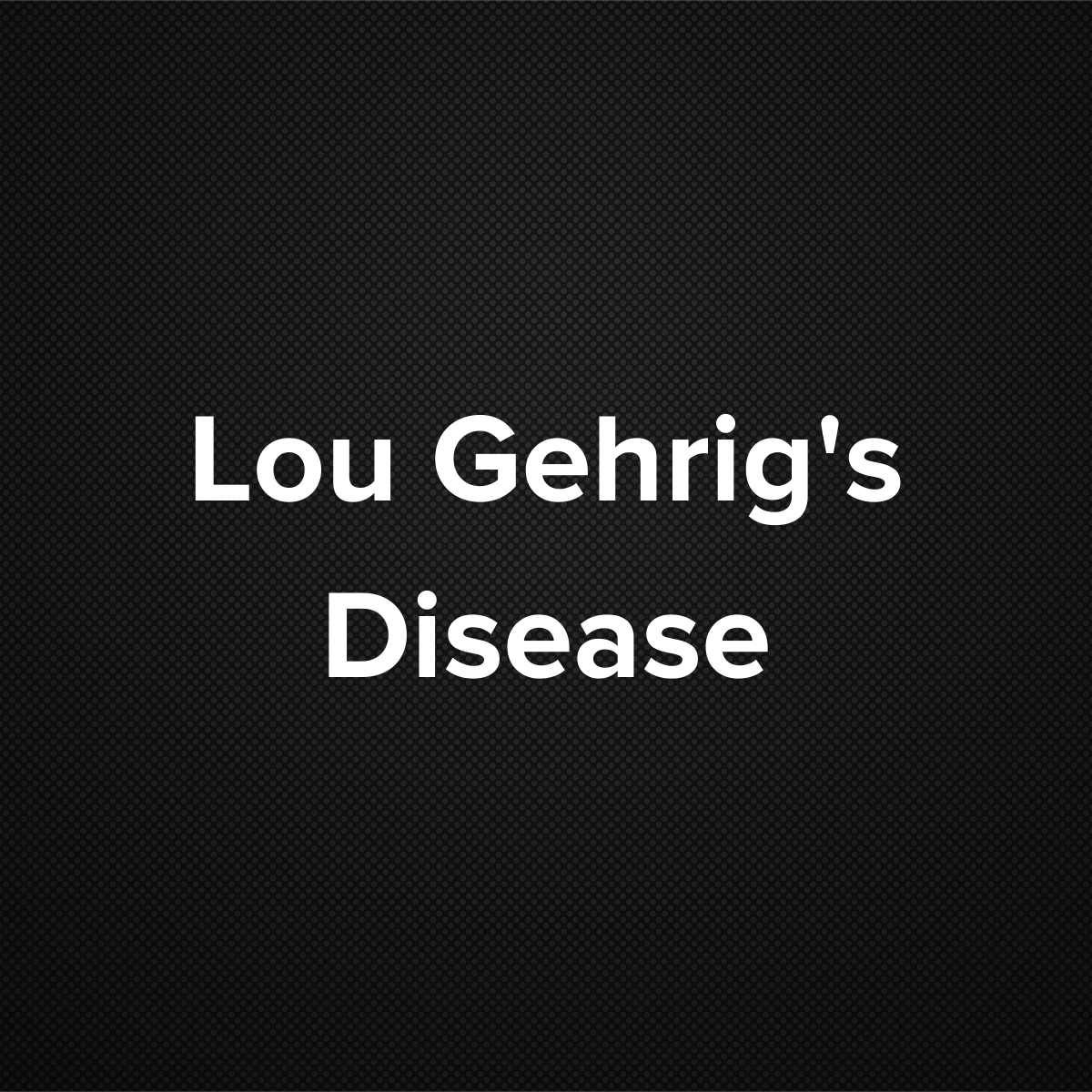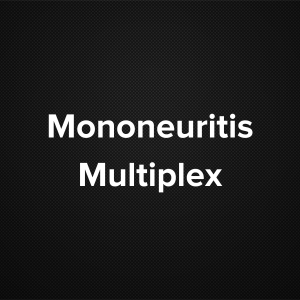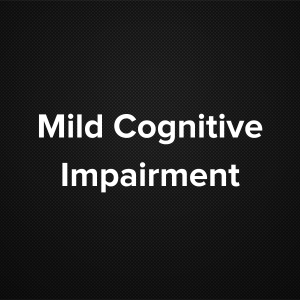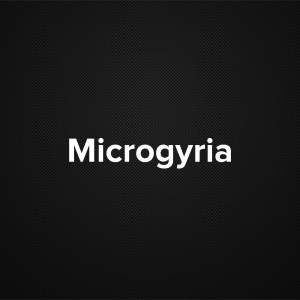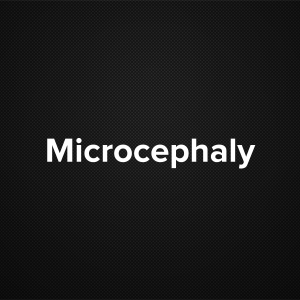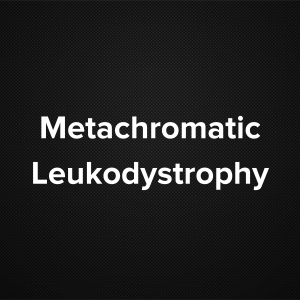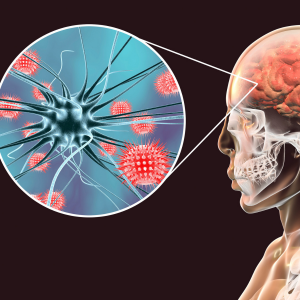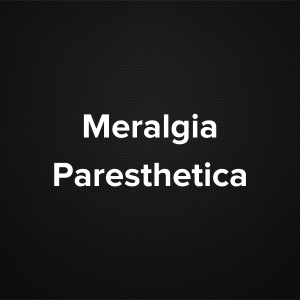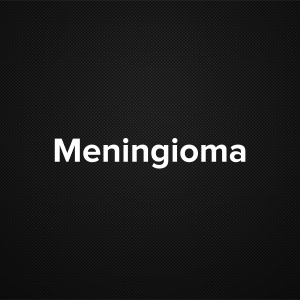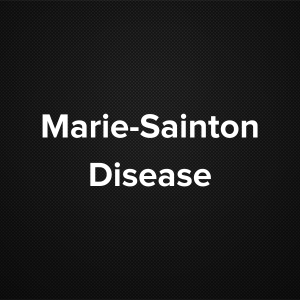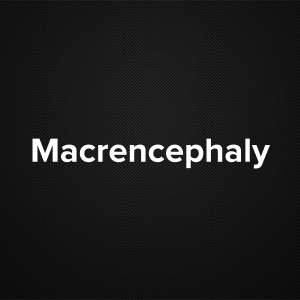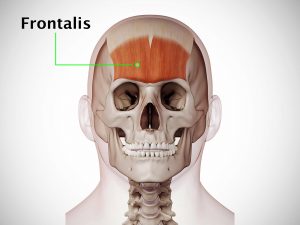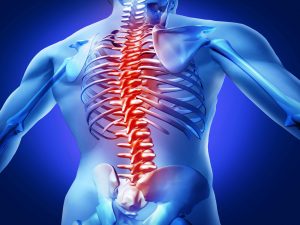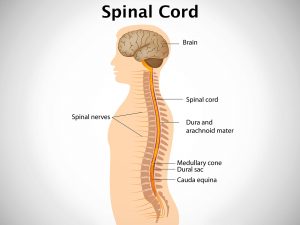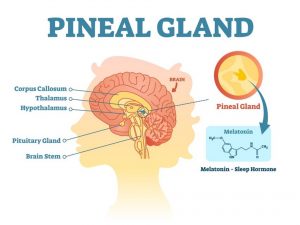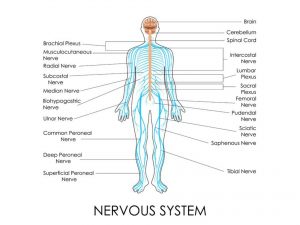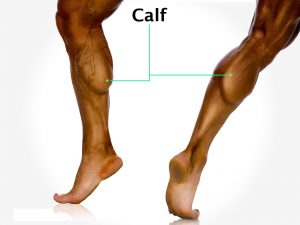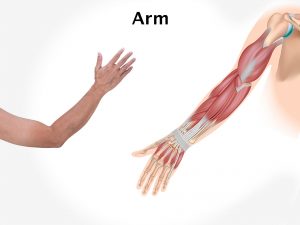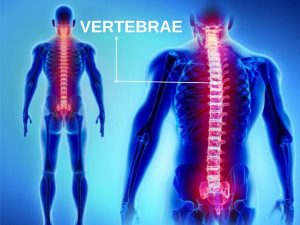Causes and risk factors
The disease is inherited. There is no specific cause known.
Clinical presentation
There is weakness and atrophy of the muscles in the body due to degeneration of the nerve cells due to which the voluntary function of the muscle is hampered. Patient presents with symptoms such as weakness in legs, feet, and ankles. Weakness in hand causes difficulty in buttoning shirt, writing. Cramping or stiffness of the affected muscle and twitching of the muscles is experienced. Difficulty in walking and running is seen. Stumbling, drop foot is seen. There is difficulty in doing daily activities. Difficulty in swallowing, difficulty in chewing food. Slurred speech is observed. As disease progresses, breathing becomes difficult.
Investigations
Medical history by the patient and clinical examination by the doctor helps in diagnosis. Blood and urine test is advised. Electromyography is recommended. Nerve conduction study is required. MRI is advised. Spinal tap is done. Muscle biopsy is obtained.
Treatment
There is no cure for Lou Gehrig’s disease. Treatment is aimed at slowing the progress of disease and alleviating the signs and symptoms. Other treatment modalities consist of speech therapy to help one communicate properly, occupational therapy to help one perform daily activities like eating, bathing, etc. independently. Physiotherapy helps to maintain muscle strength and range of motion. Devices to assist breathing are helpful. Nutritional support to plan meal in such a way so that one meets daily necessary nutrient requirements.
Complications
Complications such as respiratory failure, dysphagia, pneumonia, and dementia called as frontotemporal dementia may occur.
When to Contact a Doctor
One must consult a doctor if there are neurodegenerative symptoms or weakness in the legs, feet, and ankles. Weakness in hand causes difficulty in buttoning shirt, writing, etc.
Prevention
Since the exact cause is not known, the disease cannot be prevented.
Systems involved
CNS, musculoskeletal system, locomotor system.
Organs involved
Brain, muscles, bones
